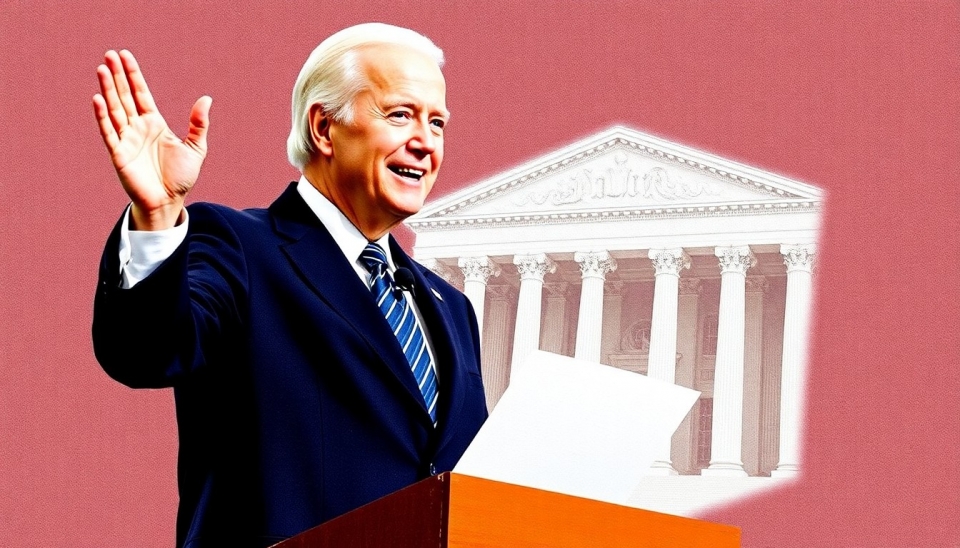Judge Strikes Down Biden-Era Late Fee Rule on Credit Cards

A recent court ruling has turned out to be a significant event for credit card users in the United States. A federal judge in Texas issued a ruling to strike down a rule enacted by the Consumer Financial Protection Bureau (CFPB) under President Joe Biden’s administration. This rule would have allowed for a considerable reduction in late fees on credit card payments that banks could impose on their customers. The court found that this regulation could negatively impact the financial stability of banks, threatening their ability to provide loans.
According to experts, the court's decision is quite significant as it affects the economy as a whole and the financial situation of millions of Americans. The new rules, which could have come into effect, suggested reducing late fees from possible amounts of $30-$40 down to $8-$10. Many consumer rights advocates believed this would help vulnerable segments of citizens experiencing financial hardships. However, the court felt such measures could negatively impact banks by lowering their revenues and, thus, tightening lending conditions.
Previously, the Biden administration argued for the necessity of new rules by stating that many Americans face financial difficulties, and late fees only exacerbate their situations. Nevertheless, opinions vary on this viewpoint. Critics point out that such changes could reduce the incentives for timely credit card payments, which in turn could worsen consumers’ financial conditions in the long run.
The court's decision has already sparked much discussion among lawmakers and ordinary citizens. Many are concerned that this may signal the government retreating from its role in protecting consumer rights. This ruling is expected to serve as the basis for further legal battles as advocates for the new rules seek to restore the leniency proposed by the CFPB.
Overall, this event highlights the tension between efforts to protect consumer rights and the interests of financial institutions and will likely herald a new discussion about how the regulatory mechanism for financial services should be established in the country.




